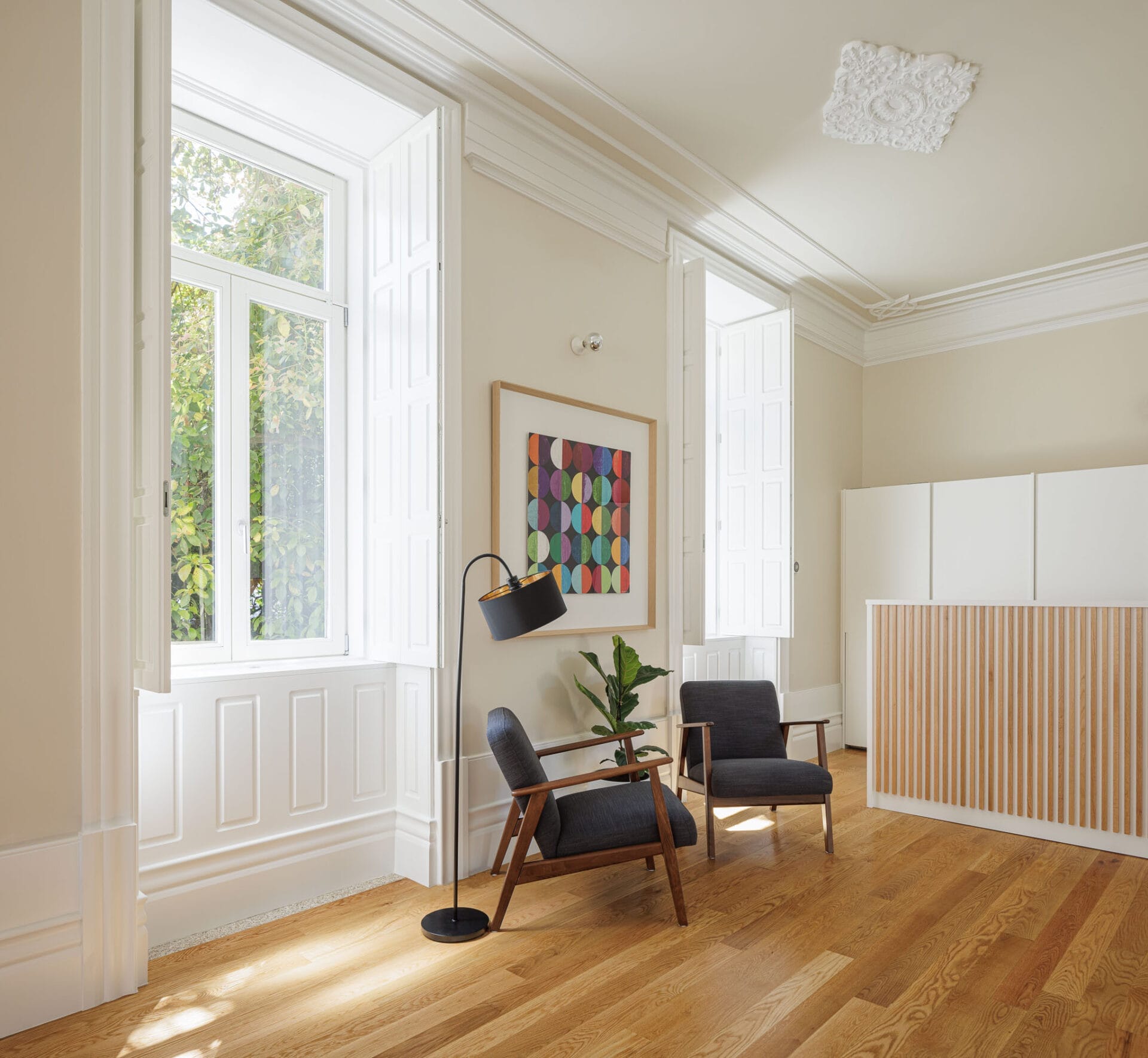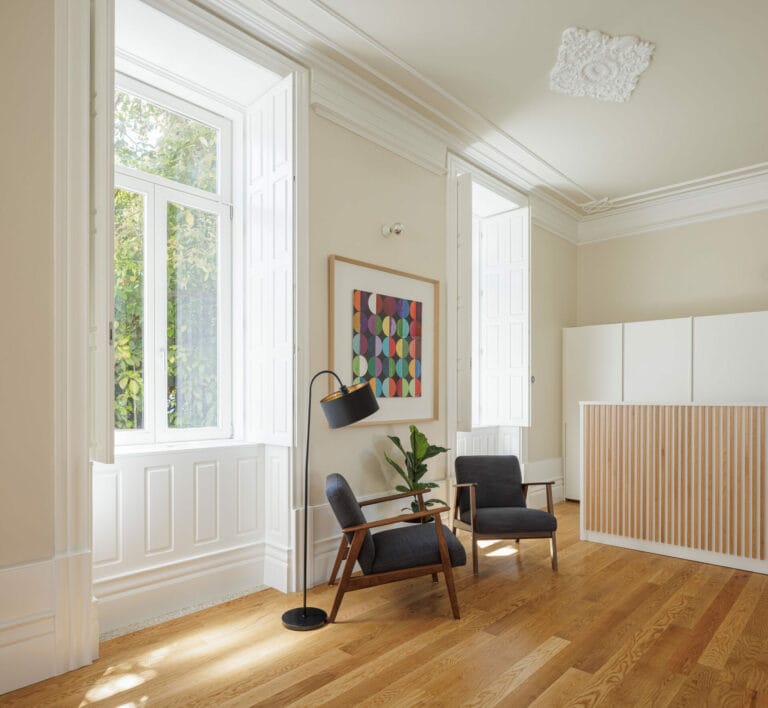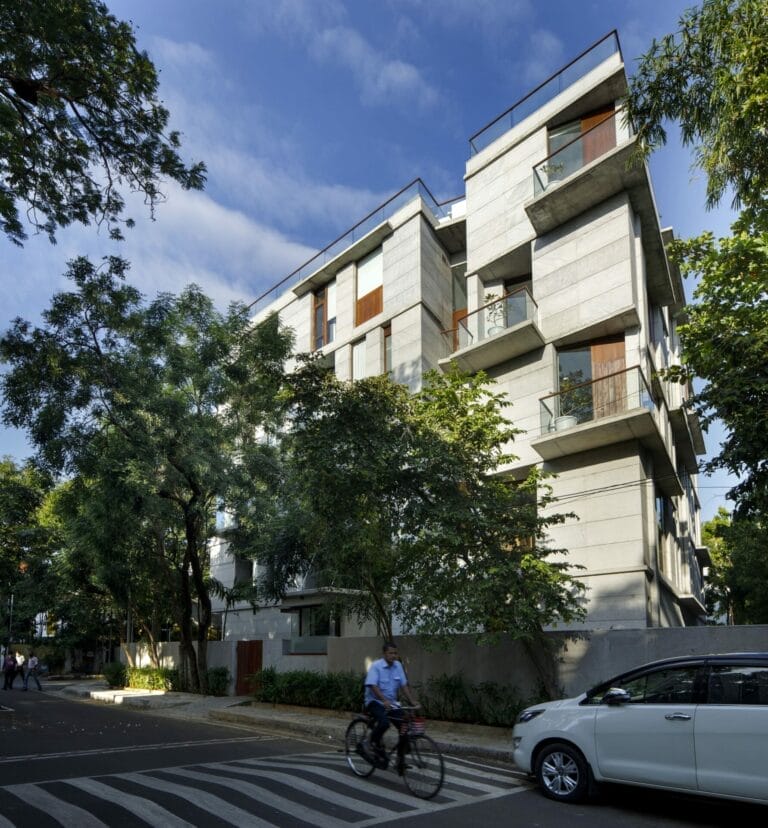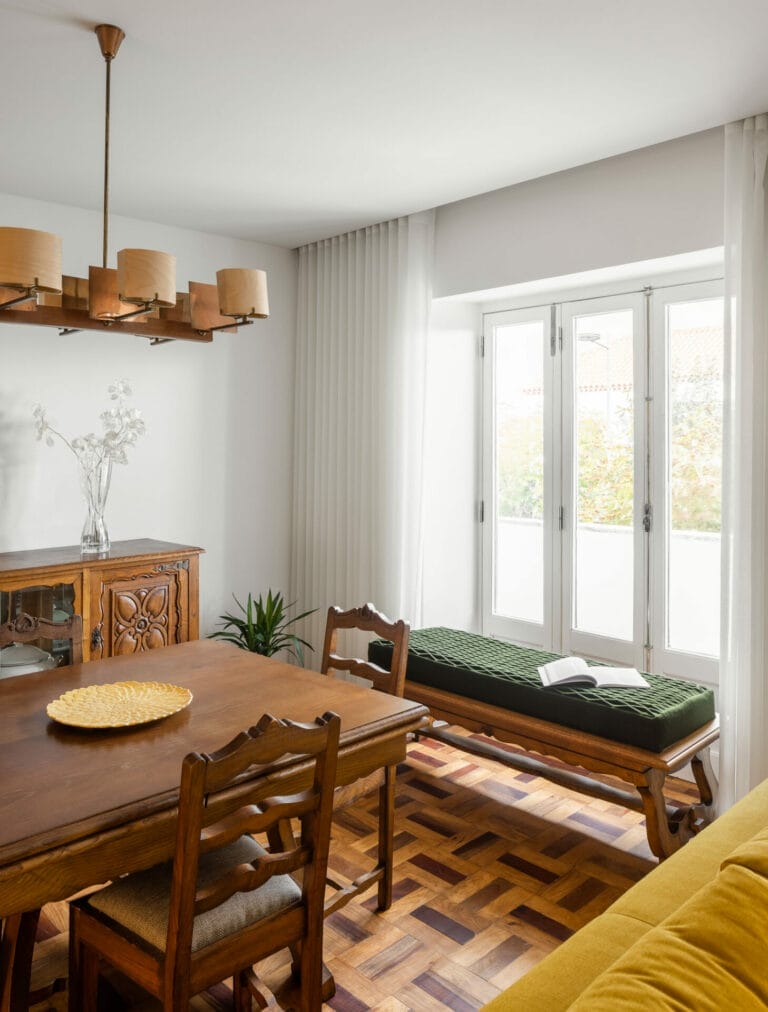Have you ever wondered how the height of your ceiling affects your mood?
Studies have shown that higher ceilings promote a sense of spaciousness, which can lead to feelings of relaxation and even euphoria. On the other hand, lower ceilings tend to make people feel more grounded, which can lead to feelings of security and comfort.
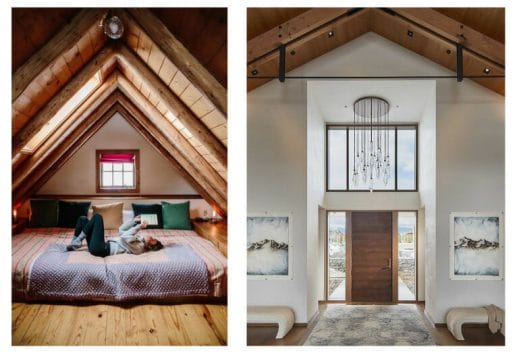
When you walk into a living room with high ceilings, do you find yourself feeling a little… different? Perhaps you find yourself feeling a bit more open, more explorative, and even free!
Tall ceilings are a feature that defines many houses built in the 21st century, and they’re a big part of what makes the homes feel so luxurious. While some people love their high ceilings, others can’t stand them.
It all comes down to your style preferences of every person.
According to research by Joan Meyers-Levy, a professor of marketing at the University of Minnesota Carlson School of Management, ceiling height can affect how we think and subsequently act because humans are hard-wired to react in certain ways when exposed to different levels of ceiling height.
“A person in a space with a 10-foot ceiling will tend to think more freely and abstractly.” Meyers-Levy.
Impact of a high ceiling on our thoughts:
When you’re cooped up in a small room, it can be difficult to get an outside perspective on what you’re doing. If you want to make better decisions and be more creative, it’s important to take advantage of all the space you have. That’s why we see high ceilings as being so important.
Makes us feel free, energetic and creative:
A recent study suggests that open spaces with higher ceilings prime more abstract thinking, while smaller rooms with lower ceilings prime concrete thinking.
The right height for a ceiling can make all the difference in your home and in the workplace. A high ceiling may enhance positive feelings and elevate your mood while a low ceiling can make it feel cooped up.

Good health:
Feeling like you’re being lifted by the ceilings can be a great feeling and is scientifically proven to have a positive effect on your mental state. With lots of natural light and air, high ceilings are ideal not just for our mental well being, but also for our physical health.

Intend, Higher resale value:
Properties with higher ceilings are generally more desirable than those with lower ceilings. Higher ceilings make the home feel more spacious and airy and can command a much higher price than those with standard height ceilings.
“ In some instances, the height of your ceiling makes a big difference in how you process the information presented.,” _ Meyers-Levy.
Though having a good number of pro’s this has its drawbacks also.
CONS of a high ceiling:
High ceiling; Hot room:
High ceilings can also be a problem. If your home has high ceilings, it’s going to be harder to keep things at an even temperature throughout, since heat rises. This means you may have to choose between increasing the temperature of your air conditioning or vesting in a fan that can cool a larger space.

Loud echos:
High ceilings amplify noises such as doors slamming because sound waves take longer to reach and bounce off hard surfaces. The atmospheric conditions in your home will determine how high sound waves can travel.
A good ceiling height:
Most people wouldn’t think of the ceiling height in their home as a big deal, but when you look at it from a design perspective, it can make all the difference.
The average ceiling height is between 9 to 11 feet for both landed properties and high-rises, although you can find variances depending on the development of personal preferences.
As ceiling fans provide both convenience and comfort to our homes, the recommended height for a ceiling is 9 feet, providing enough of an allowance for proper airflow.
Image Credit: To respective owner





